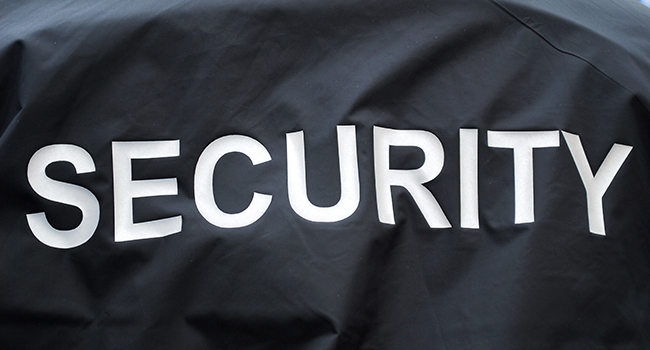
Arkansas District to Train Staff Volunteers as School Security Officers
According to Broyles, the volunteers went through 60 hours of intensive training with law enforcement. The school district wants CSSOs on and near campuses in case of an emergency.
- By Jessica Davis
- December 05, 2018
Bauxite Public Schools is training non-instructional staff to become commissioned school security officers (CSSOs). No teachers will be armed, but a handful of volunteers from the non-instructional staff are expected to begin their new CSSO roles as early as January.
The district already has one school resource officer.
"The team of people in our district came together and basically asked people to volunteer, if they felt comfortable doing it, so no one who went through the training was asked to do it under pressure," Tyler Broyles with Bauxite Public Schools told KATV.
According to Broyles, the volunteers went through 60 hours of intensive training with law enforcement. The school district wants CSSOs on and near campuses in case of an emergency.
"Anyone who had, say, never held a gun before (if that were the case) has now been trained in carrying a weapon," Broyles said.
District officials declined to say how many CSSOs were trained, citing safety reasons. Officials believe the commissioned school security officers serve as a preemptive student safety measure.
"I think it is more settling to know that anyone carrying a weapon is not around students, because I know there is some concern as far as students seeing it or being attracted to it, so it's the best practice that only non-instructional staff carry it to avoid that interaction with students," Broyles said.
The commissioned officers will go through an additional 12 hours of training annually to maintain their certification.
About the Author
Jessica Davis is the Associate Content Editor for 1105 Media.